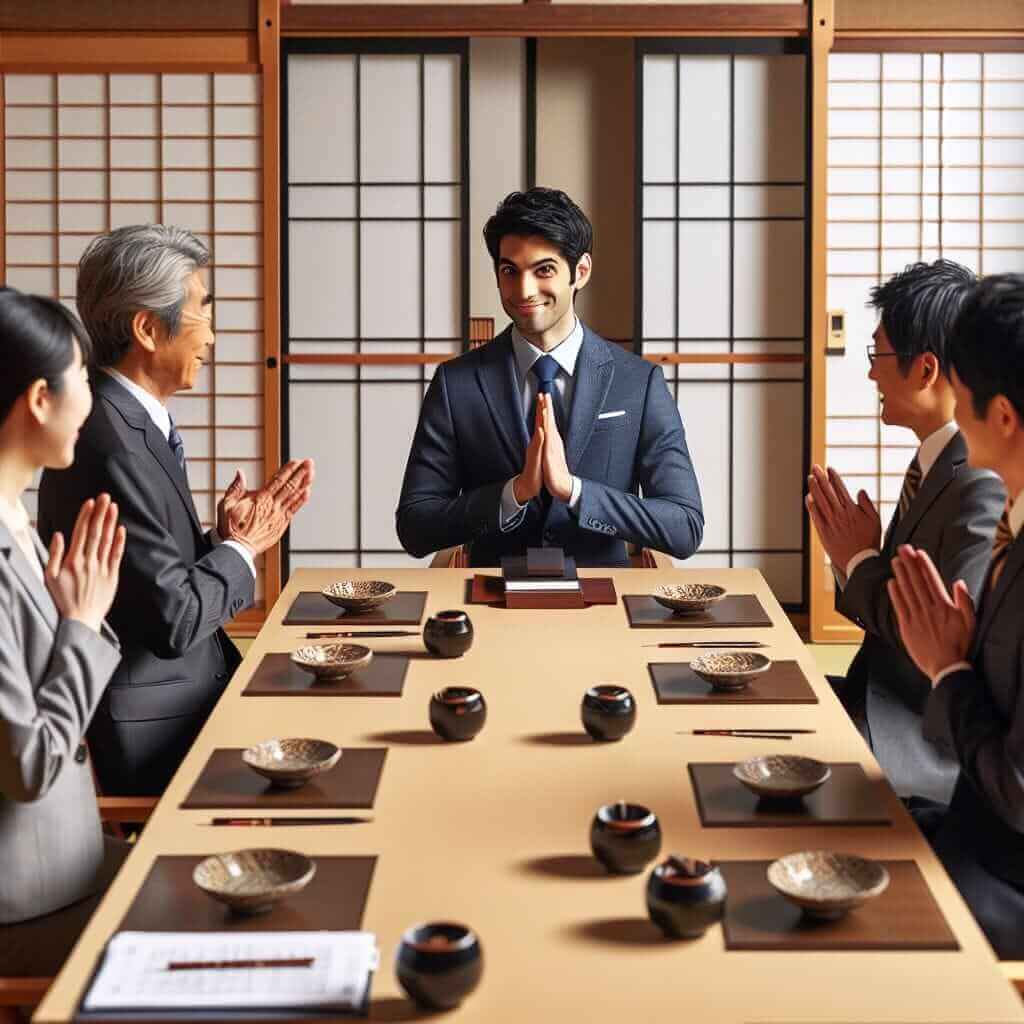The IELTS Speaking test is divided into three parts: an introductory section (Part 1), a long turn (Part 2), and a two-way discussion (Part 3). As an IELTS Speaking Examiner, I look for specific criteria when assessing your speaking skills: fluency and coherence, lexical resource, grammatical range and accuracy, and pronunciation. Questions revolving around cultural differences often appear in the test due to their global relevance. This article will guide you on how to describe a time when you experienced a cultural difference, providing examples, detailed analyses, and other useful tips.
Content
Part 1: Introduction and Interview
Common Questions
- Can you tell me about your hometown?
- What do you like to do in your free time?
- Have you ever traveled to a foreign country?
Sample Question and Suggested Answer
Question: Have you ever traveled to a foreign country?
Answer: Yes, I have. I visited Japan a couple of years ago. The experience was enlightening because Japanese culture is drastically different from my own. For instance, the importance of respect and politeness in daily interactions was particularly striking.
Part 2: Long Turn
Cue Card
Describe a time when you experienced a cultural difference.
You should say:
- When and where it happened
- What the cultural difference was
- How you felt about it
- And explain what you learned from this experience
Sample Answer
A cultural difference I experienced happened during a business trip to Japan last year. As a foreigner, I initially found their work culture quite different from what I was accustomed to in my home country. For example, in Japan, being punctual is not just valued but is considered a form of respect. However, the most striking cultural difference was the use of non-verbal communication. Japanese people often rely on subtle gestures and facial expressions to convey messages, which contrasts sharply with the more direct communication style I am used to.
I felt a mixture of fascination and mild frustration because, initially, I misunderstood some of my colleagues’ gestures, leading to a few awkward situations. However, I soon learned the importance of paying close attention to non-verbal cues. This experience taught me the value of cultural sensitivity and how it can foster better communication and cooperation in an international setting.

Follow-up Questions and Suggested Answers
Question: What were some of the challenges you faced during this experience?
Answer: The biggest challenge was adapting to the high context communication style. I had to be more observant and patient to understand the underlying meanings.
Question: How did this experience change your perspective?
Answer: It significantly broadened my perspective, teaching me to appreciate and respect different cultural norms and practices, which I believe is crucial in our globalized world.
Part 3: Two-way Discussion
Examiner Questions and Suggested Answers
Question: Why do you think understanding cultural differences is important in today’s world?
Answer: Understanding cultural differences is critical in today’s interconnected world. It facilitates global cooperation and helps in avoiding misunderstandings that could otherwise lead to conflicts.
Question: Can you give an example of a situation in which cultural differences can create misunderstandings?
Answer: Certainly. In business negotiations, for example, Western cultures may prefer a direct approach, while Asian cultures might prefer a more indirect and harmonious approach. Misunderstanding these preferences can lead to frustration and failed negotiations.
Question: How can individuals learn to navigate cultural differences effectively?
Answer: Individuals can learn to navigate cultural differences by educating themselves about different cultures, being open-minded, and practicing active listening and empathy. Participating in cultural exchange programs can also be incredibly beneficial.
Key Vocabulary and Structures for High Scores
- Enlightening (/ɪnˈlaɪtnɪŋ/): adj. Providing insight or knowledge.
- Example: “The trip was an enlightening experience, providing deep insights into another culture.”
- Non-verbal communication: n. A form of communication that involves gestures, facial expressions, and body language rather than words.
- Example: “Non-verbal communication plays a crucial role in how we convey emotions and intentions.”
- High context communication: n. Communication that relies heavily on implicit messages and contextual cues.
- Example: “High context communication can be challenging for those used to explicit messaging.”
- Globalized world: n. The modern world characterized by the interconnectedness of nations and cultures.
- Example: “Living in a globalized world necessitates an understanding of varied cultural norms.”
Conclusion
Understanding how to describe a time when you experienced a cultural difference effectively in your IELTS Speaking test can significantly boost your score. Focus on using a range of vocabulary, varying your sentence structures, and showcasing your ability to analyse and reflect on the experience. Always remember: practice is key to mastering these skills. Frequent practice with diverse topics and seeking feedback can greatly help in improving your performance.
Consider reading related articles such as Describe a time when you experienced a cultural shock and Describe a time when you learned something from a different culture for further insights and practice.